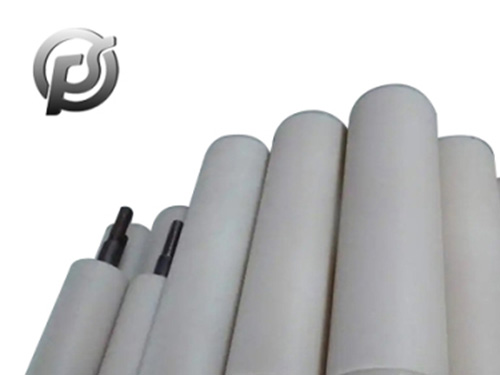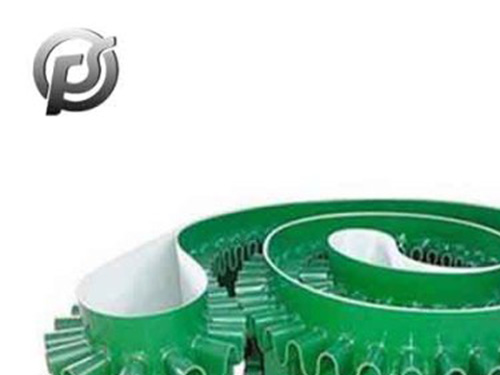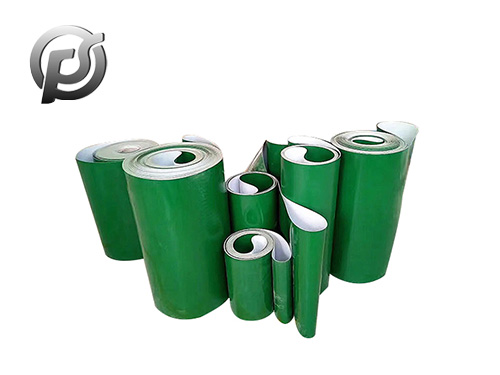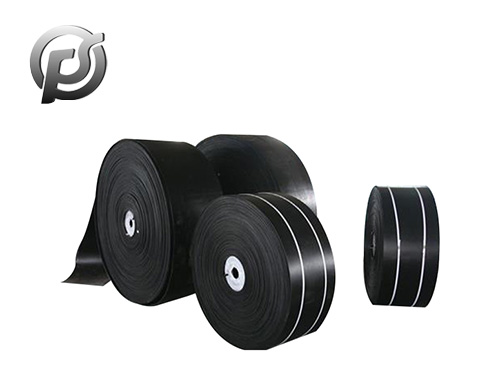PVC conveyor belts, a stalwart of modern industrial processes, have quietly revolutionized the way goods are moved and processed. These robust and adaptable belts have made their mark across a wide range of applications, offering durability, versatility, and cost-effectiveness.
Versatility Unleashed: The PVC Conveyor Belt
PVC conveyor belts, constructed from polyvinyl chloride, combine a surface layer of PVC with a reinforcing layer of polyester fabric. This simple yet effective design gives rise to a conveyor belt that can withstand the demands of various industries.
Applications Know No Bounds
The use of
PVC conveyor belts is pervasive, thanks to their adaptability and reliability. Let's explore some key sectors where PVC conveyor belts shine:
1. Food Industry:
The food industry demands hygiene and safety. PVC conveyor belts, compliant with FDA regulations, offer an ideal solution for safely and efficiently transporting food products. Their smooth surface ensures easy cleaning and is suitable for meat processing, bakeries, and more.
2. Manufacturing and Packaging:
Efficiency is paramount in manufacturing processes. PVC conveyor belts prove their mettle in this domain, offering the flexibility to handle diverse products and the resilience to withstand the rigors of fast-paced environments.
3. Agriculture:
PVC conveyor belts find application in agriculture for tasks such as grain handling, sorting, and packaging. Their robust build enables them to endure harsh conditions while safeguarding product quality.
4. Recycling and Waste Management:
The recycling and waste management industry relies on sturdy conveyor systems for efficient material movement. PVC conveyor belts are up to the task, providing durability in handling a variety of waste materials.
5. Airport Baggage Handling:
Airports depend on conveyor systems for efficient luggage transportation. PVC conveyor belts offer a cost-effective solution capable of handling the demands of baggage handling with ease.


 Stone Conveyor Belt: Enhancing Efficiency and Productivity in Material Handling
Stone Conveyor Belt: Enhancing Efficiency and Productivity in Material Handling
 Optimizing Operations with PE Conveyor Belts: Durability, Efficiency, and Versatility
Optimizing Operations with PE Conveyor Belts: Durability, Efficiency, and Versatility
 Exploring the Efficiency and Versatility of Light Conveyor Belts
Exploring the Efficiency and Versatility of Light Conveyor Belts